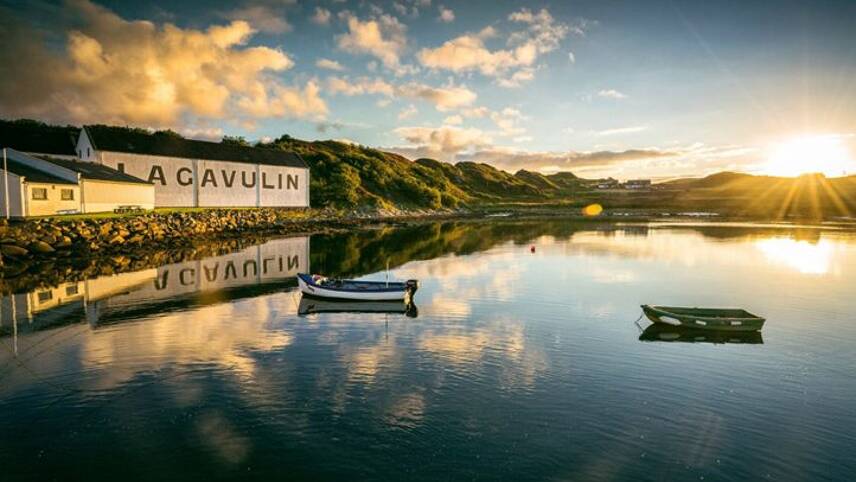Register for free and continue reading
Join our growing army of changemakers and get unlimited access to our premium content

Diageo updated its goals in 2015
The milestone was announced through an update report on Diageo’s 2020 Sustainability and Responsibility Goals, which also confirmed that the firm has achieved or exceeded many of its targets covering water, resources and social impact.
According to the report, Diageo’s direct absolute greenhouse gas (GHG) emissions footprint this year is 50.1% lower than in 2007, when the business last updated its targets. Transitioning to renewable energy has delivered a sizeable proportion of these emissions reductions, the document explains. Diageo joined The Climate Group’s RE100 initiative in 2016 and met 65.5% of its electricity consumption this year with renewables, as it strives for 100% by 2030.
Diageo also achieved its ambition of reducing GHG emissions along the total supply chain by 30% against a 2007 baseline, delivering a 33.7% reduction. The firm engages suppliers and reports supply chain emissions through CDP.
Supply chain emissions targets are becoming more prevalent as a result of the net-zero and science-based targets movements – companies cannot achieve 1.5C certification from the Science-Based Targets initiative without goals covering Scope 3 (indirect) emissions. As such, Diageo has stated that reducing its supply chain footprint “will continue to be a focus in the years ahead”.
Diageo’s update report also reveals that it has succeeded in achieving zero-waste-to-landfill status and replenishing 100% of the water used in water-stressed areas.
However, the business fell short on a number of other targets – many by a small margin.
Diageo had been aiming to ensure that 100% of its packaging portfolio was recyclable by 2020, but the proportion currently stands at 99.5%. According to the report, “it is not currently possible to replace the remaining non-recyclable components” at cost parity and without avoiding other unitended environmental consequences. Packaging weight has also been reduced by 11% since 2009, with the company finding it “more challenging than expected” to achieve its 15% target.
Elsewhere, the company delivered a 46% improvement in water use efficiency against a target of 50%. According to the report, the commissioning of water recycling facilities in Nigeria and East Africa had to be postponed due to Covid-19 regulations, meaning their benefits will now be accounted for later than planned. Diageo is notably working in line with a ‘context-based’ and ‘science-based’ water stewardship strategy.
Overall, Diageo’s progress on environmental and social issues has been “transformational” for the business, chief sustainability officer Ewan Andrew said.
“We are excited about the decade of action ahead and will continue to lead the way, driven by the knowledge that our future success is intertwined with the success of the living planet around us,” Andrew added, confirming that Diageo is now developing new targets through to 2030 in line with the UN’s Sustainable Development Goals (SDGs).
Sarah George


Please login or Register to leave a comment.